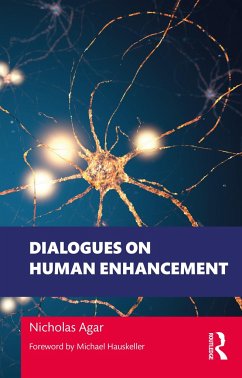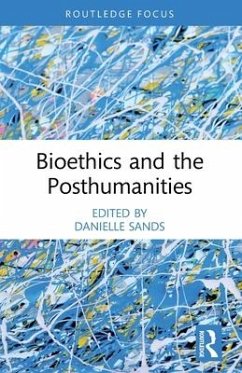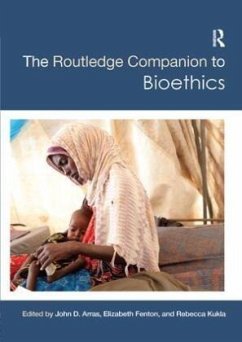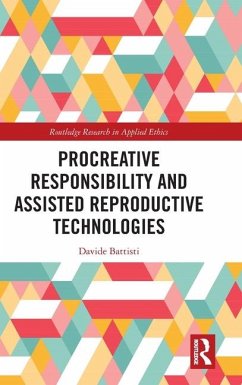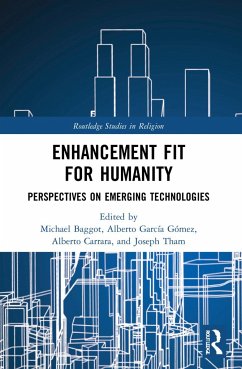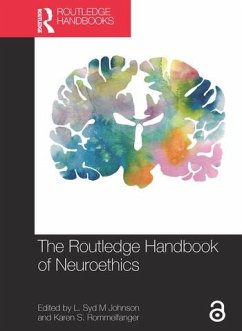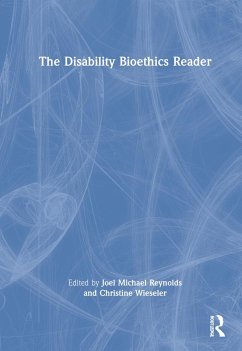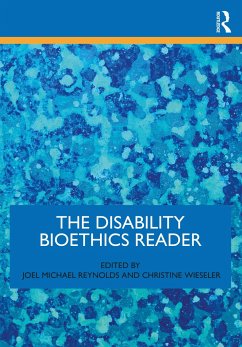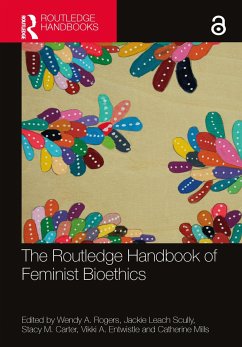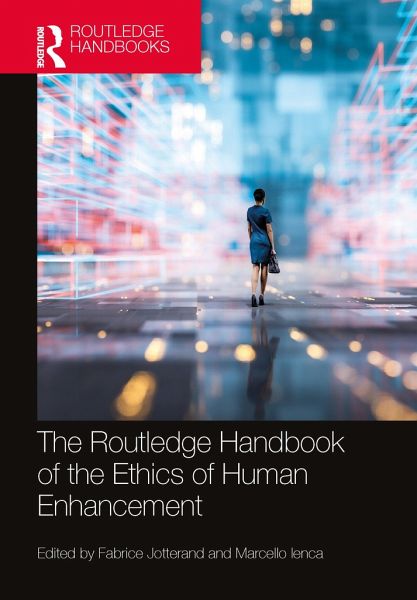
The Routledge Handbook of the Ethics of Human Enhancement
Versandkostenfrei!
Versandfertig in 6-10 Tagen
234,99 €
inkl. MwSt.
Weitere Ausgaben:

PAYBACK Punkte
117 °P sammeln!
The Routledge Handbook of the Ethics of Human Enhancement provides readers with a philosophically rich and scientifically grounded analysis of human enhancement and its ethical implications. A landmark in the academic literature, the volume covers human enhancement in genetic engineering, neuroscience, synthetic biology, regenerative medicine, bioengineering, and many other fields. The Handbook includes a diverse and multifaceted collection of 30 chapters-all appearing here in print for the first time- that reveal the fundamental ethical challenges related to human enhancement. The chapters ha...
The Routledge Handbook of the Ethics of Human Enhancement provides readers with a philosophically rich and scientifically grounded analysis of human enhancement and its ethical implications. A landmark in the academic literature, the volume covers human enhancement in genetic engineering, neuroscience, synthetic biology, regenerative medicine, bioengineering, and many other fields. The Handbook includes a diverse and multifaceted collection of 30 chapters-all appearing here in print for the first time- that reveal the fundamental ethical challenges related to human enhancement. The chapters have been written by internationally recognized leaders in the field and are organized into seven parts:
Historical Background and Key ConceptsHuman Enhancement and Human NaturePhysical EnhancementCognitive EnhancementMood Enhancement and Moral EnhancementHuman Enhancement and MedicineLegal, Social, and Political Implications
The depth and topical range of the Handbook makes it an essential resource for upper-level undergraduates, graduate students, and postdoctoral fellows in a broad variety of disciplinary areas. Furthermore, it is an authoritative reference for basic scientists, philosophers, engineers, physicians, lawyers, and other professionals who work on the topic of human enhancement.
Historical Background and Key ConceptsHuman Enhancement and Human NaturePhysical EnhancementCognitive EnhancementMood Enhancement and Moral EnhancementHuman Enhancement and MedicineLegal, Social, and Political Implications
The depth and topical range of the Handbook makes it an essential resource for upper-level undergraduates, graduate students, and postdoctoral fellows in a broad variety of disciplinary areas. Furthermore, it is an authoritative reference for basic scientists, philosophers, engineers, physicians, lawyers, and other professionals who work on the topic of human enhancement.





